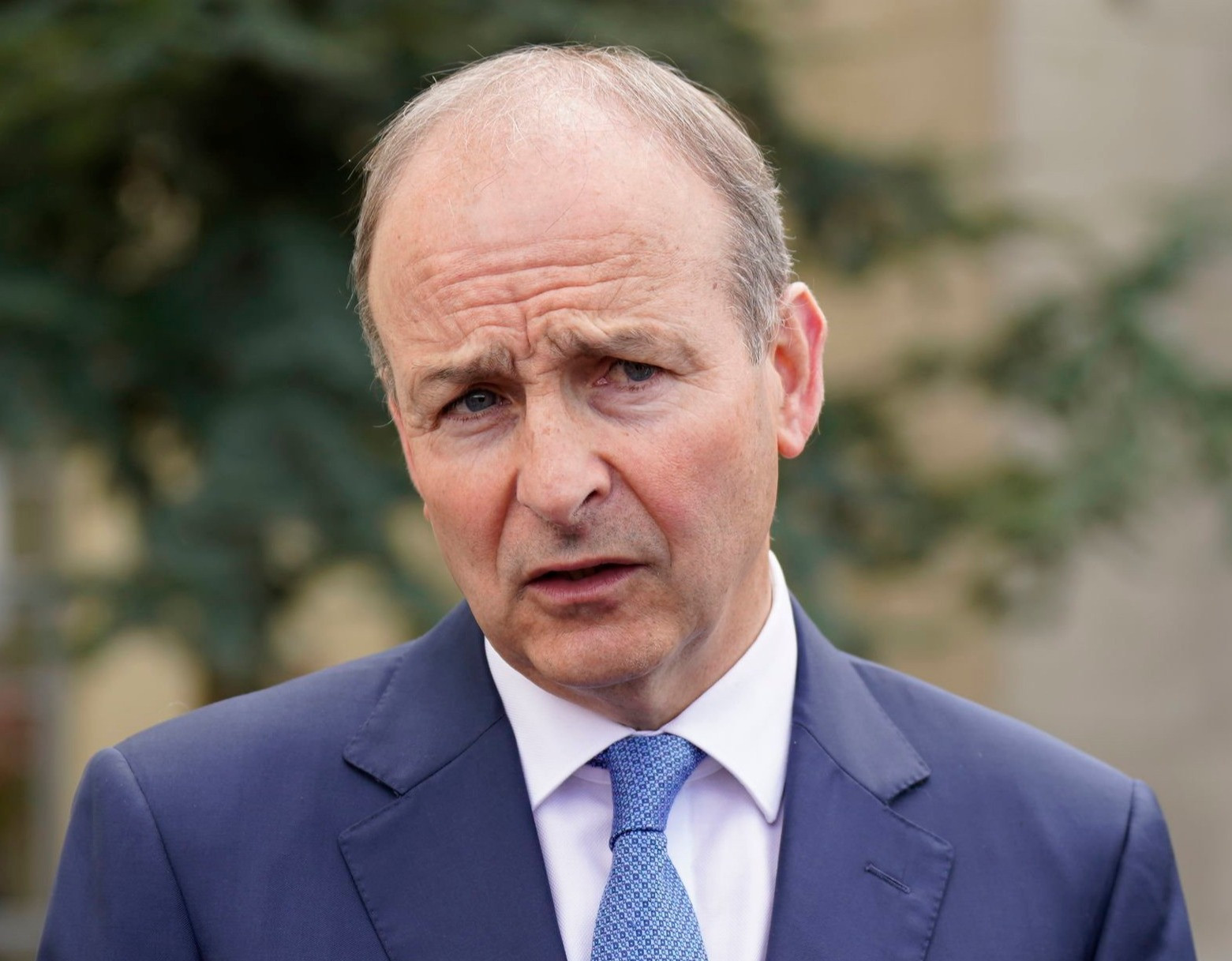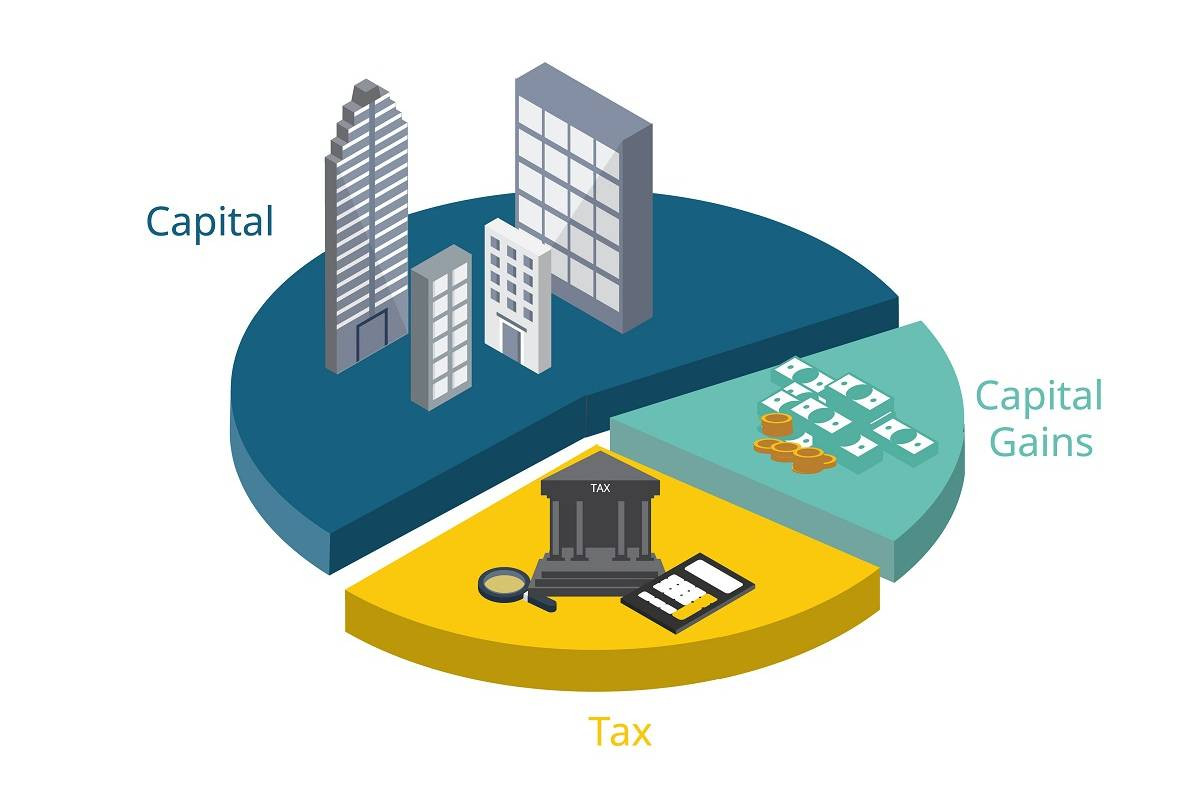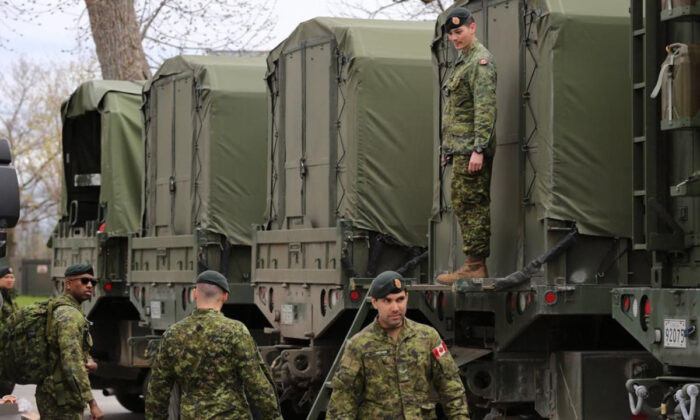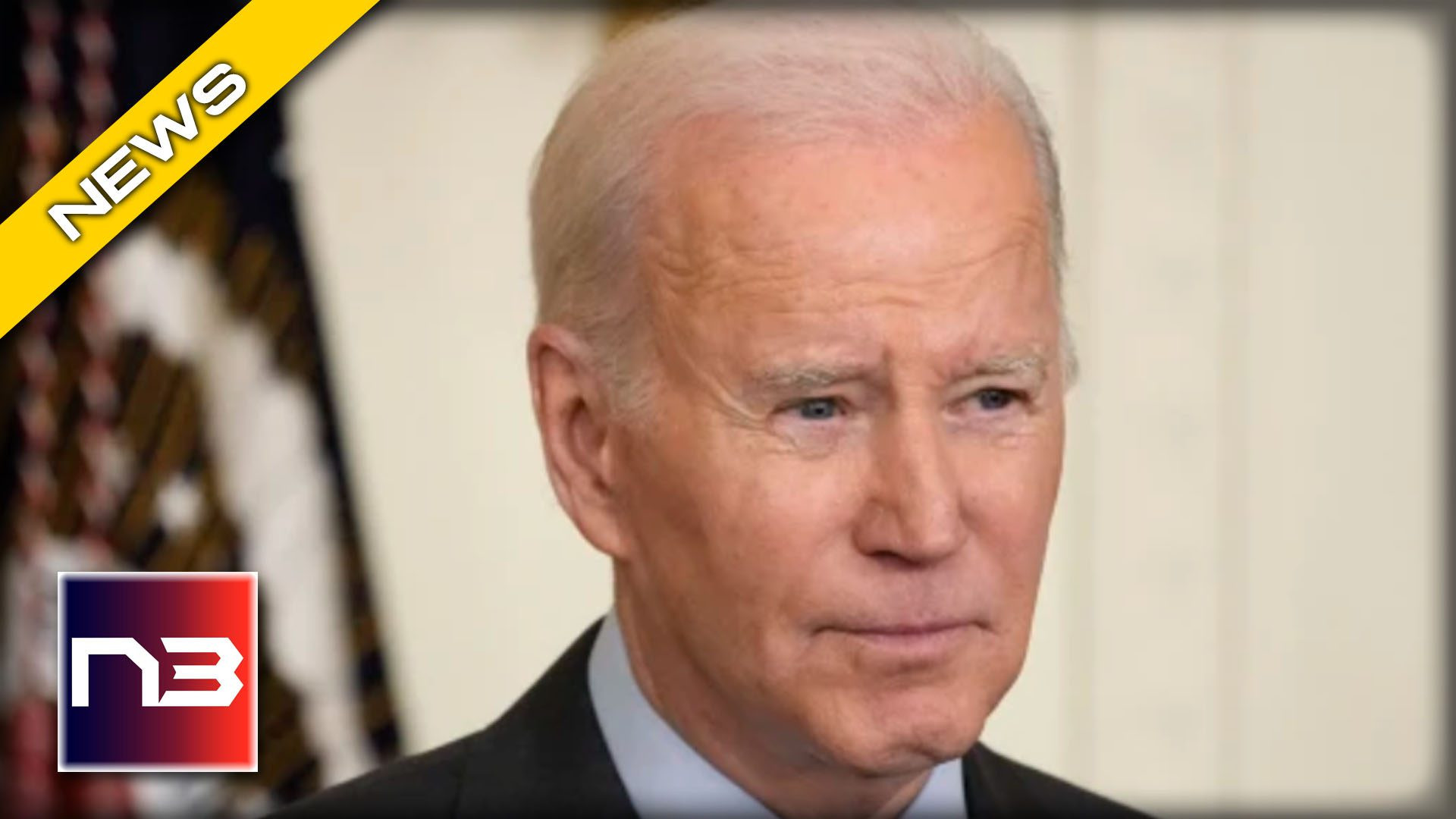Cork GAA's Financial Tightrope Walk: Debt, Development, and the Dream of a Centre of Excellence
The Cork County Board finds itself navigating a complex financial landscape, grappling with a substantial €31.1 million debt primarily stemming from the construction of Pairc Ui Chaoimh. This significant financial burden significantly impacts the organization's ability to pursue other crucial initiatives, including its long-held ambition of establishing a state-of-the-art Centre of Excellence for its teams. This precarious situation is further complicated by delays in the sale of the Kilbarry site, a key element of the debt reduction strategy. The recent Cork GAA Strategic Plan (2025-30) highlights the urgent need for improved training facilities, stating that the lack thereof threatens the work of both voluntary and professional personnel supporting the county teams. All inter-county managers have expressed the essential need for a dedicated home for Cork’s teams.
The Weight of Debt and the Challenges Ahead
The financial difficulties faced by Cork GAA are undeniably significant, and the €31.1 million debt looms large. At the recent annual convention, the treasurer, Diarmuid Gowen, candidly acknowledged the “extremely challenging” financial situation, emphasizing the impact of debt servicing on cash flow and overall profitability. The debt, which has only marginally decreased over the past year, received limited discussion at the convention, with Chairman Pat Horgan notably omitting any direct mention in his address. While Gowen highlighted the challenges, he did mention a €200,000 payment made to Pairc Uí Chaoimh in 2024, fulfilling a commitment under a Croke Park funding agreement. This payment, although benefiting the stadium's accounts, negatively affected the county board's bottom line, resulting in a mere €52,000 surplus.
Revenue Reviews and Uncertainties
Adding to the financial complexities, concerns arose regarding potential Revenue reviews mirroring those occurring in other counties, including Galway, Mayo, and Wexford. While Gowen reassured attendees that Cork was not currently under scrutiny, he noted ongoing discussions within the GAA regarding a potential unified approach to such audits. This uncertainty casts a shadow over the board's already strained financial position, introducing an element of unforeseen risk.
The Kilbarry Land Sale Delay: A Setback to Financial Recovery
The sale of the Kilbarry landbank was envisioned as a significant step towards alleviating Cork GAA’s debt burden. However, the process has been stalled by a Judicial Review application challenging the planning permission granted for the development of over 319 homes on the 14.80-hectare site. Initially projected for completion by summer 2025, the delay is now expected to extend into the medium term, pushing back the anticipated financial relief this sale could provide. This delay is not only a setback for Cork GAA's immediate financial goals but also indirectly impacts its ability to proceed with future development plans, including the desired Centre of Excellence. Moreover, there is an additional challenge in the form of an adverse possession case related to Kilbarry, which the county board is actively contesting.
The Centre of Excellence: A Vision on Hold?
The ambitious plans for a Centre of Excellence remain a pivotal goal for Cork GAA, offering much-needed training facilities and a central hub for its teams. However, the financial constraints and the current state of the Kilbarry land sale create significant obstacles to the project's realization. The sheer scale of the debt and the ongoing challenges make it difficult to prioritize this project, while simultaneously addressing immediate financial needs. While the Strategic Plan emphasizes the urgency and importance of this development, its future remains intertwined with the organization’s overall financial health and the resolution of its outstanding debts.
Navigating the Future: A Path Towards Stability
Cork GAA faces a complex intersection of financial challenges and long-term aspirations. The substantial debt burden and the unexpected delays in the Kilbarry land sale cast a shadow on the organization’s immediate future, and the full impact of any potential Revenue reviews remains unknown. The future of the long-awaited Centre of Excellence hangs in the balance, its realization dependent on a successful navigation of these financial complexities and the generation of funding streams. The strategic plan provides a roadmap, but effective implementation requires concerted effort, innovative solutions, and perhaps, some degree of external support to overcome the formidable financial hurdles. It is a challenging task, requiring not only prudent financial management but also a steadfast commitment to the organization’s long-term vision for the future, one that includes a top-tier Centre of Excellence. Only then can Cork GAA fully capitalize on the talent within its ranks and ensure its continued success in the years ahead.


















